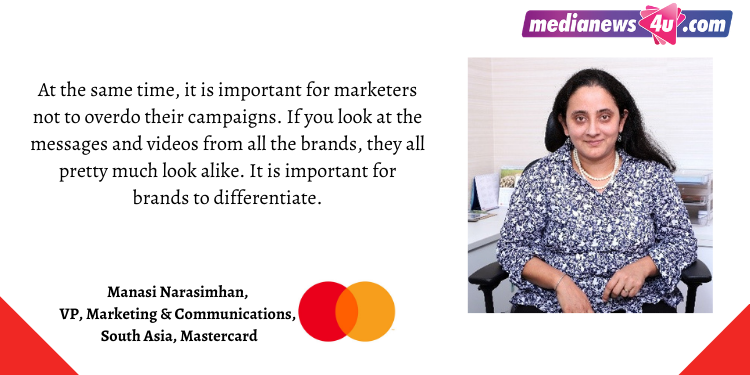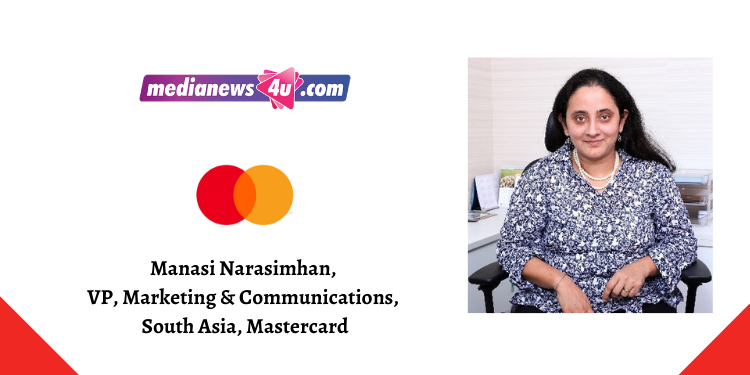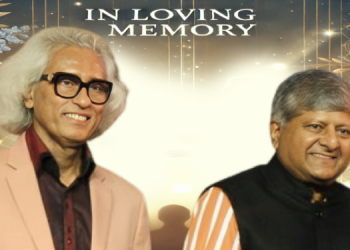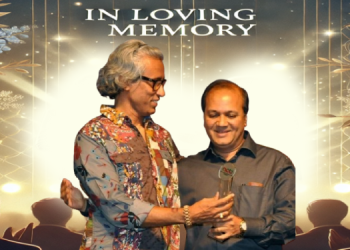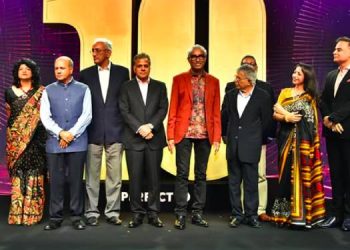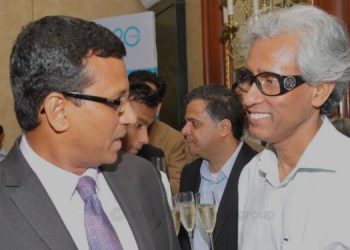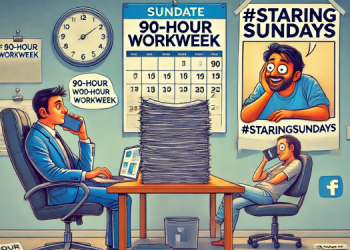Mastercard today recently launched its flagship Priceless™ program in India. The program – known as Priceless™ India – will enable domestic and global travellers who are Mastercard cardholders to attain unique insights and exclusive access to several unparalleled experiences in the country.
The program will roll out in two phases. In the first phase, Mastercard launched 12 short films that introduced several unique aspects of India’s most iconic cities and destinations for tourists. Be it the history waiting to be unlocked at the Amer Fort in Jaipur, or Mumbai’s favourite plate of wonders that takes the viewers on a Priceless™ India gastronomical journey, the films cater to the aspirations of discerning domestic and global travellers who want much more from their trips.
In the second phase (post February 21), Mastercard cardholders will get a chance to partake in these experiences in real-time through curated packages that can be purchased online. These packages offer bespoke offerings to address the diverse tastes and preferences of travel enthusiasts. The multi-phase campaign aims to rekindle Indian consumers’ desire for the most unique travel and entertainment experiences.
In an exclusive chat with MediNews4u, Manasi Narasimhan, VP, Marketing & Communications, South Asia, Mastercard talks to us about the initiative and how to recapture the travel bug in Indians after a pandemic.
Can you share a brief background about the “Priceless™” program by Mastercard?
As you may be aware, Mastercard’s brand promise has always been to deliver Priceless™ experiences that count beyond material things. In that context, Mastercard’s Priceless Cities™ program which is available exclusively to Mastercard cardholders aims to unlock several unforgettable experiences in the cities where one lives and travels. Inspired from over 40 destinations and accessible from 90+ countries, Mastercard cardholders can find dynamically curated experiences; both physical and digital across culinary, sports, arts, culture, music, as well as custom editorial content enabling them to Start Something Priceless. The initiative is aimed at enabling domestic as well as global travelers, who are Mastercard cardholders, to attain unique insights and exclusive access to several unparalleled experiences in the country.
Last year, for the first time, Priceless™ Cities was launched in South Asia, with addition of Sri Lanka in the list. The focus has primarily been on cross border travelers in South Asia beginning with Sri Lanka and now India. Over the last two decades, South Asia has emerged as an attractive tourist destination due to its natural and cultural diversity, and price competitiveness. In fact, in 2019, the World Economic Forum’s Travel and Tourism Competitiveness Index (TTCI) ranked South Asia as “the most improved region since 2017.” Within this, India has shown the greatest improvement in rank among the top 25% countries, from 40th in 2017 to 34th in 2019.
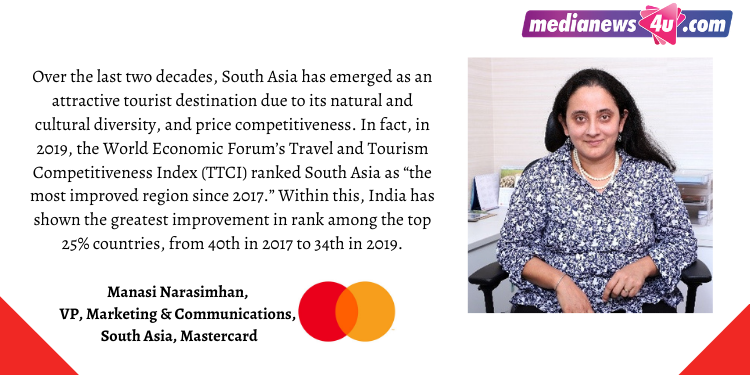
In February 2021, Mastercard announced the addition of Priceless™ India being included in the Priceless™ Cities program. In the first phase of the program, Mastercard will launch 16 short films that will introduce unique aspects of India’s iconic cities and destinations for tourists. In the second phase, Mastercard cardholders will get a chance to partake in these experiences in real-time through curated packages that can be purchased online. These packages offer bespoke offerings to address the diverse tastes and preferences of travel enthusiasts.
What is the significance of India being included in this program?
India is a land with vast history and cultural vibrancy. It is an emerging giant of the Asia Pacific travel market and Mastercard is very delighted to introduce a unique experience centered around India to revive global tourism in the country. Each part has its own unique flavour and its cities reflect this in their own way. It is wonderful to witness an initiative that celebrates some of India’s most famous cities and tourist destinations and takes it to the World.
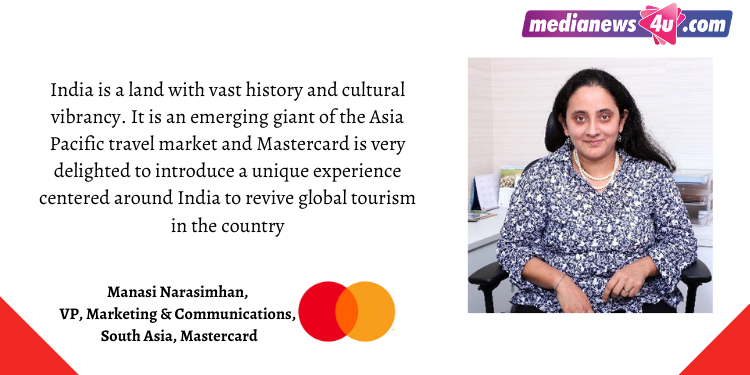
For instance, The Golden Triangle of Delhi, Agra, Jaipur, God’s own country – Kerala, the Eternal city of Banaras and the many hidden stories that you will find in India’s commercial capital Mumbai- reflect the wide range of what India has to offer. Through the series of films done by Live History India, people across the world will get a sense of how incredible India truly is, and they will come and spend time here.
Mastercard has partnered with the world’s top travel researchers, historians, art curators and more to bring the choicest benefits to Mastercard cardholders who place a premium on experiences, be it untold stories, history, food, people, culture and more. We are also in talks with Banking partners for more engagement opportunities.
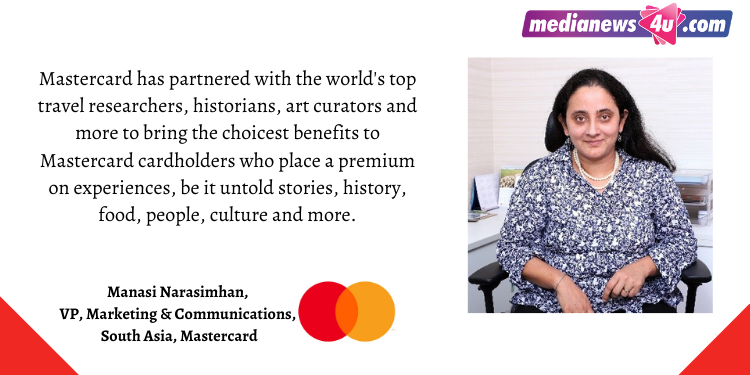
Can you share some insight on the consumer sentiment for travel in the current situation? Do you think that people will start exploring experiential trips as early as in the beginning of the year?
As per the topline findings of Mastercard APAC Covid-19 Consumer sentiment tracker, the desire to travel internationally remains strong despite COVID-19 and the subsequent restrictions of movement. Consumers today are socially connected with the increase in consumption of digital content for unique experiences: However:
- According to a recent Mastercard India consumer sentiment tracker, we have also observed that 3 in 5 people are open to or want to travel for leisure. Consumers have started to settle for domestic leisure despite their desire to travel overseas.
- So far, the pandemic has forced people across the globe to cancel their travel plans. Nevertheless, there is always some light at the end of the tunnel and currently the world can see it. Successful Covid-19 vaccines have already started reaching the masses early. Several macroeconomic indicators are also signaling a decent economic recovery in India and around the world.
In such a time, the launch of Mastercard Priceless™ India is a step to address the aspirations of Indian and global travellers, who seek much more from their trips. We are thrilled to bring out a unique experience built around India and put the country on the global tourism map once again.
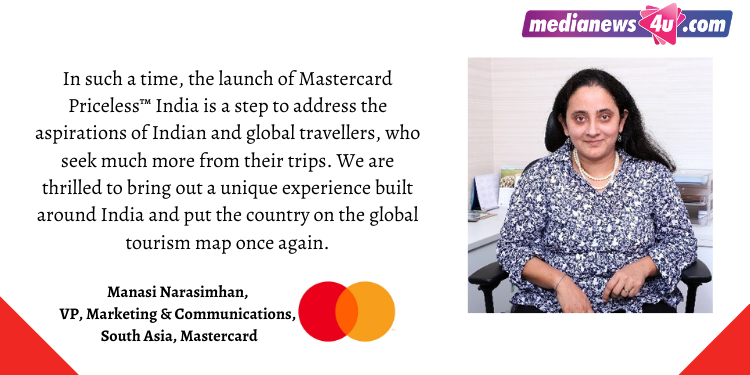
How is domestic travel in India faring at the moment?
We are witnessing a recovery of domestic travel in India to some extent. In fact, the Directorate General of Air Travel released domestic passenger data for the month of January. In December, according to DGCA, airlines carried 7.32 million domestic passengers. That marked a 15% improvement over November. (2)
While people may have put their family vacation plans etc. on hold in 2020, there are new forms of experiential travel such as work-from hills/beaches/deserts have emerged in the country. This has attracted a large section of working-from-home population to explore tourist destinations with a longer stay time.
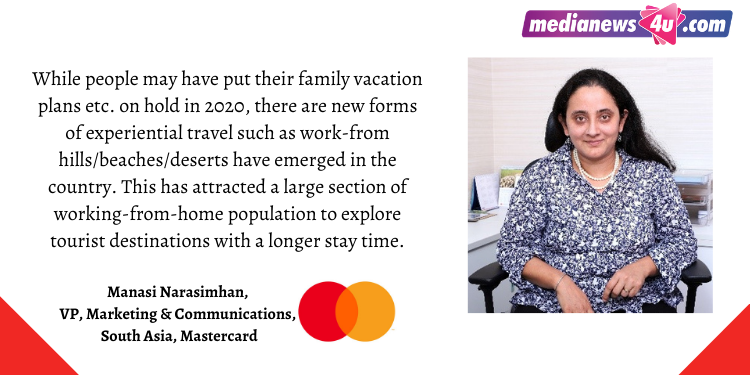
According to you, how has the role of marketer changed in the last one year?
It is now a cliché to say that Covid-19 has brought unprecedented changes to the way we work, live, and indulge. Almost all the aspects of consumer spending have changed forever, in the last one year. This has been a great time to learn for marketers. As marketing leaders, the first step for us is to acknowledge the changing times. In this situation, we cannot afford to close our eyes and keep sending tone deaf ‘buy- now’ messages to consumers who are already anxious about their future.
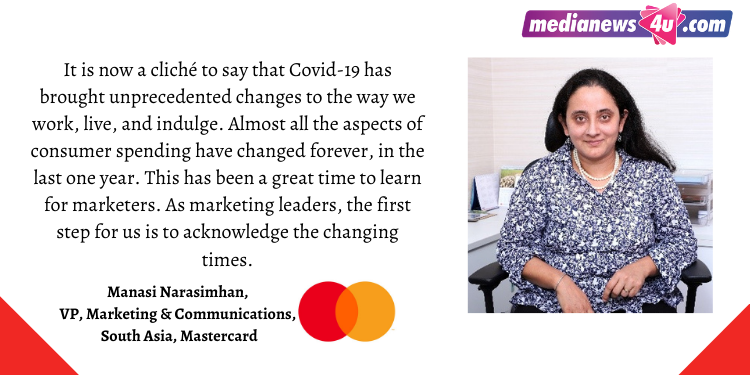
Mastercard believes that there are times to sell and then there are times to serve. Today is that ‘time to serve’ for marketers. We need to be prepared as business leaders and as marketers for the long haul. It is critical to keep trust between the brand and consumer – if you stick with them through the hard times, they will stick with you through the good. That is how you build great brands that last over generations. So, you can say this is a great time to start building a great brand or take a great brand to greater heights.
At the same time, it is important for marketers not to overdo their campaigns. If you look at the messages and videos from all the brands, they all pretty much look alike. It is important for brands to differentiate. As digitalization grows across industries, it has strengthened cross-border business opportunities. So, businesses also need to build connections within the region and be open to opportunities.
